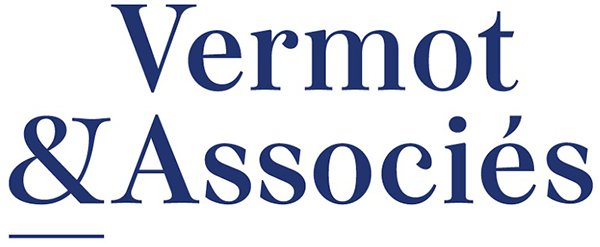Lot n° 378
Estimation :
150 - 200
EUR
Victor HUGO (1802-1885) - Curious note received... - Lot 378 - Vermot et Associés
Victor HUGO (1802-1885) - Curious note received by Victor Hugo, 2 p small in-8, it is anonymous, but must have been appended to an identified letter, since Victor Hugo affixed a large "r" for "replied", it concerns Nicolas GRETCH (1787-1867), editor and owner of "l'Abeille du Nord", a widely read St. Petersburg French-language newspaper, spokesman for the tsarist regime, reactionary, propagandist and opposed to liberal ideas, founded in the 1820s, became a daily in the 1830s, highly influential and of course a manipulator of opinion among the Russian petty nobility and bourgeoisie; Gretch was pinned down by the Marquis de Custine in his report on his trip to Russia (1843), and Gretch retaliated by publishing a pamphlet against him; Gretch spent time in Western Europe (Germany, Belgium, France), but was never appreciated by intellectuals, considered a spy in the pay of Russian power: "N. Gretch - editor of L'Abeille du Nord, an organ of the Russian police, a spy known to the public, in one of the last issues of his newspaper - that he defended censorship even in France, and that 20 years ago, he defended it at a dinner at Salvandi's [n.b.: Narcisse-Achille Salvandy, the man who welcomed Hugo to the Académie française]. He adds that Victor Hugo told him that he agreed with him, and that after this conversation he not only got to know him, but maintained a friendly relationship with him.
12 years ago, Gretch was in Paris, the Russians who were there lithographed visiting cards "N. Gretch Premier Mouchard de S.M. l'Empereur Nicolas" and sent them to all Gretch's friends on New Year's Day. Gretch wanted to sue, accusing the Marquis de Custine - who replied in a newspaper "[N.B. : this note can be dated to around 1860 (Gretch's pamphlet against Custine was published in 1845, so his trip to Paris with the calling-card episode may have been in 1848); Victor Hugo is in exile in Guernsey and has secured his reputation not only in literary circles, but above all in liberal ones; he is beginning to be widely read by Russian intellectuals, Tolstoy and Dostoyevsky are enthusiastic about his novels, but "Notre Dame de Paris" remains banned by the censors - Gretch's article aims not only to orient Russian opinion towards Hugo, but also to destabilize him in Europe by passing him off as a reactionary friend of his].
My orders
Sale information
Sales conditions
Return to catalogue

